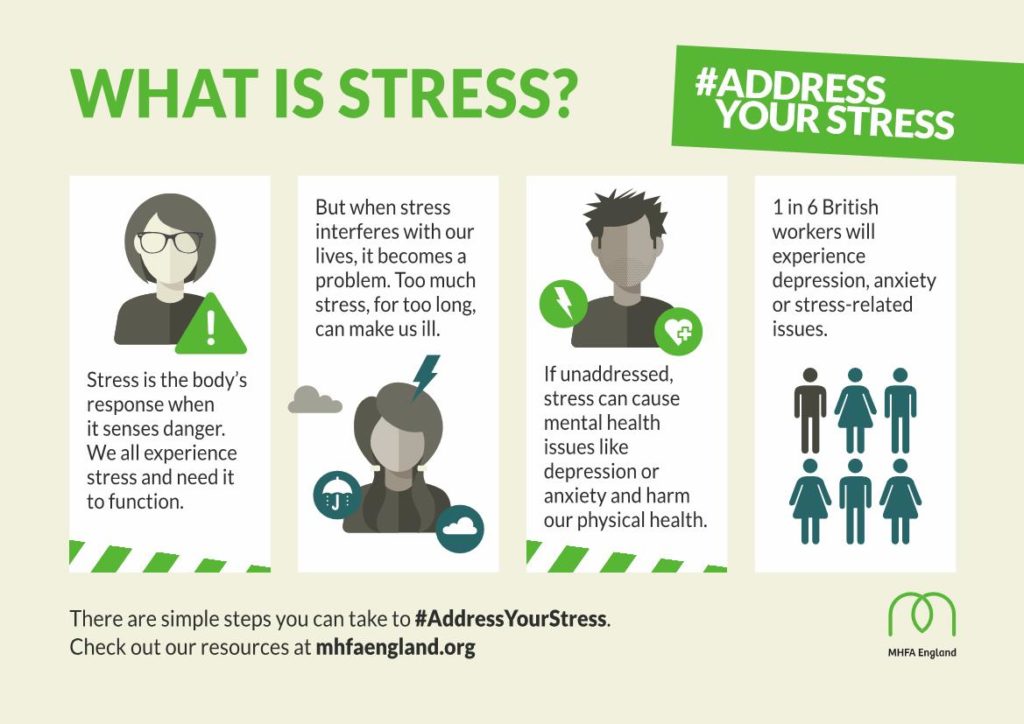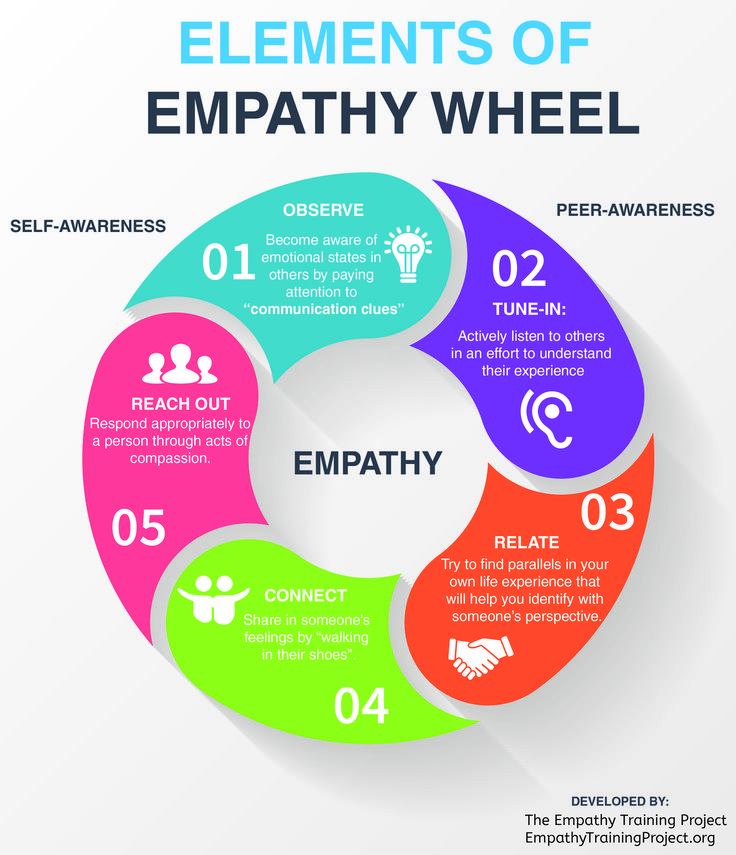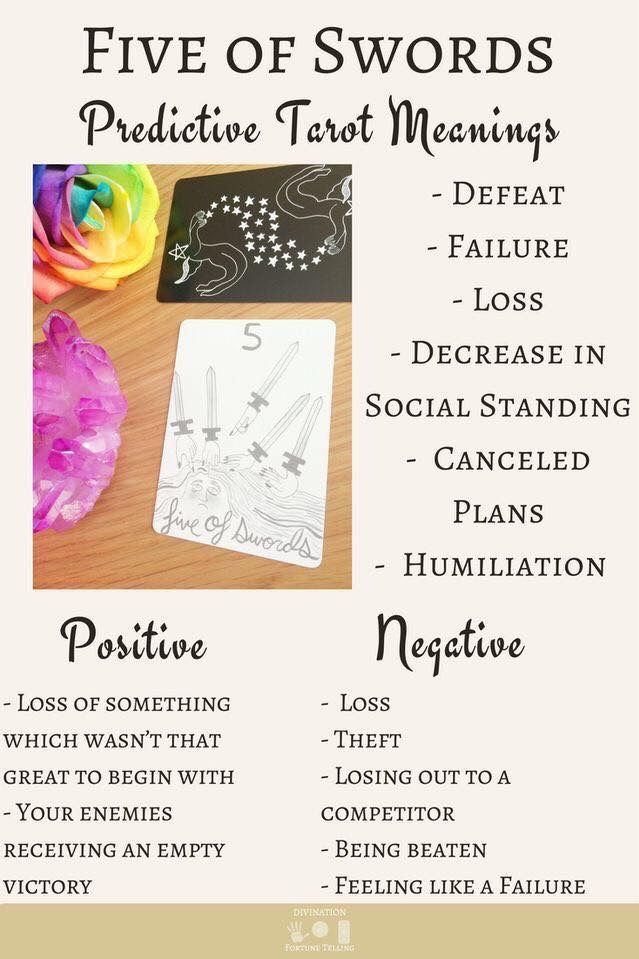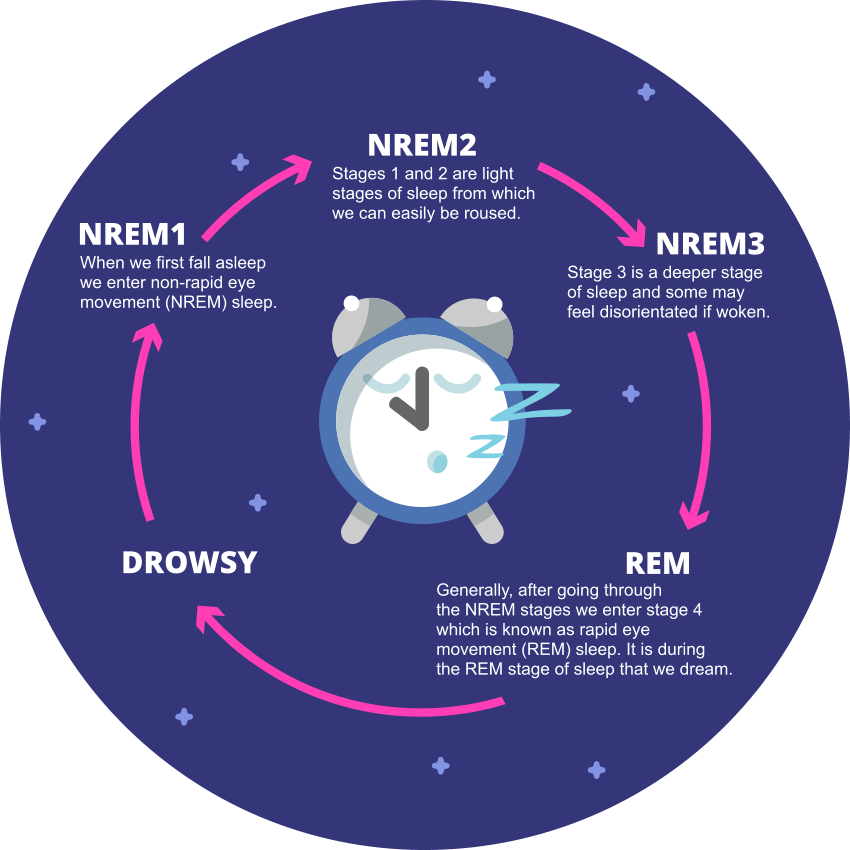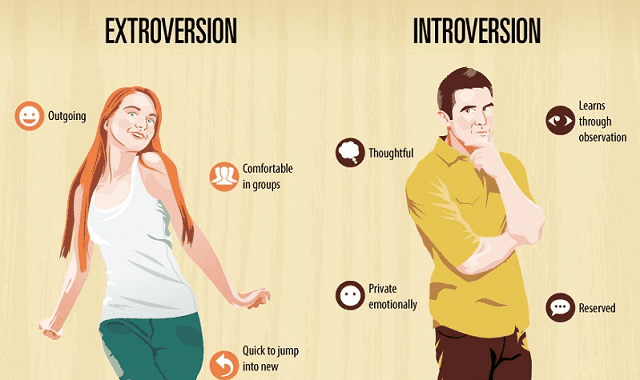Podcast on autism
Autism Podcasts That Parents Should Follow
The Centers for Disease Control and Prevention (CDC) reports that approximately 1 in 54 children have an autism spectrum disorder (ASD). Associated challenges include comorbid diagnosis of anxiety and behavioral disorders. According to a Future Neurology study, about 40% of people with ASD also have an anxiety disorder. Additionally, intellectual disability is present in 31% of children with ASD, according to Autism Speaks.
The statistics highlight the considerable complexity that parents of children with autism face. Among the resources available to help parents address these challenges, autism podcasts offer convenience and ease. Podcasts can provide inspiration, encouragement, and information essential to supporting children with autism and their families.
Autism EducationParents can take an active role in intervention strategies to help their children overcome the learning challenges that autism poses. Applied behavioral analysts can teach them to apply techniques that improve their children’s behavioral and communication skills. This is primarily true during the COVID-19 pandemic, as parents supervise their children’s learning at home.
For example, parents can empower children with autism to communicate in their own style. A nonverbal child might develop a unique set of gestures; parents can empower their children by learning these gestures and developing reciprocal ones. For children who like to draw, parents can draw with them. Letting the children take the lead is essential. Drawing things that the children feel connected with, such as comic book characters, can reduce their inhibition to share their emotions, thoughts, and concerns.
Parents can tap into applied behavioral analysts’ and special education teachers’ knowledge to learn techniques and strategies that integrate behavioral therapeutic tactics at home. According to the Association for Science in Autism Treatment (ASAT), training parents on techniques is useful for “decreasing non-productive behavior, increasing intake of non-preferred foods, enhancing functional communication, improving compliance with parental requests, and teaching imitation of actions with objects.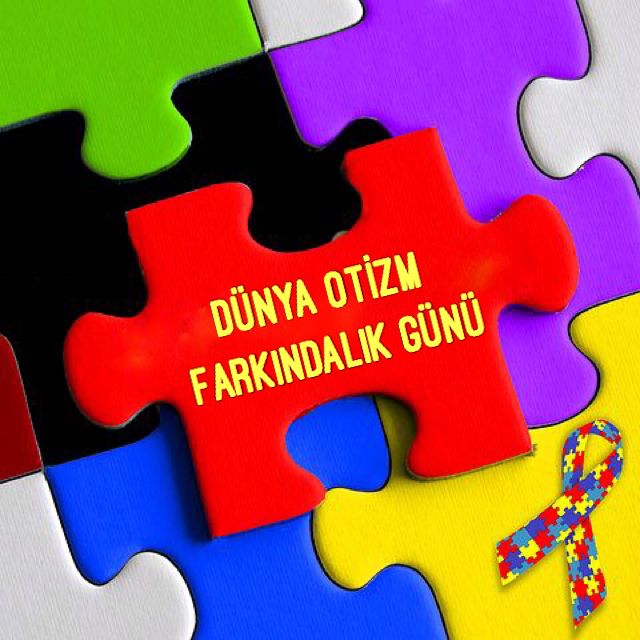 ”
”
Parents can also learn from other parents of children with autism and access resources from organizations such as the Eunice Kennedy Shriver National Institute of Child Health and Human Development (NICHD), the American Academy of Pediatrics (AAP), the CDC, and the Autism Society of America (ASA). Whenever parents find time in their busy days, they can learn about their children’s condition with podcasts about autism.
Essential Podcasts About AutismThese podcasts for parents provide information and resources for parents of children with autism and the autism community in general. Each offers a different type of content, from inspirational stories from parents and teachers to a review of scientific autism research.
While their formats vary, they all provide essential information that parents can apply to at-home behavioral therapeutic strategies. These podcasts also provide communal support through links to additional resources, such as organizations that focus on autism research, education, awareness, and opportunities to engage through social media.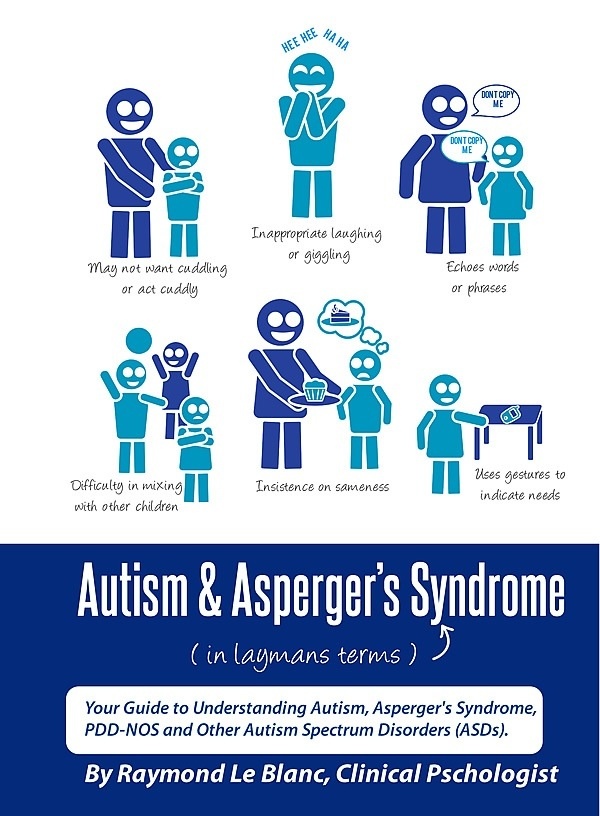
Here are six podcasts about autism that parents should follow.
“ABA Inside Track”A host, two board-certified behavior analysts with doctorates (BCBA-Ds), and special guests talk about various applied behavior analysis (ABA) topics in this podcast that the Behavior Analyst Certification Board (BACB) has approved. In each episode of the podcast, the panel discusses issues important to parents and behavior analysts, including parent training to decrease challenging behavior by applying at-home behavioral therapeutic strategies. Episodes focusing on parenting include Episode 67: Positive Parenting, Part 1, and Episode 103: The Effects of Parent Stress, Child Outcome, and the BCBA-Caregiver Relationship.
“Autism POVs”“Autism POVs” covers topics important to people with autism and their families and communities. Through the perspectives of people with autism, the podcast aims to help create understanding for people with autism, parents of children with autism, and others involved in the autism community.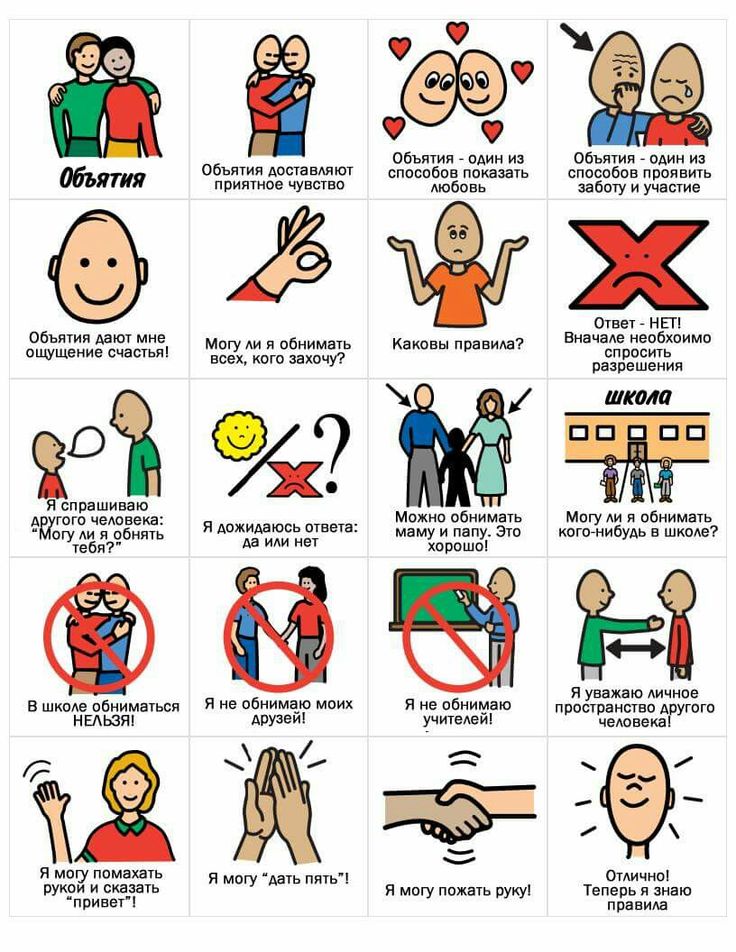 Parents seeking to apply at-home behavioral therapeutic strategies can learn about parental support, early intervention, dealing with bullying, and more.
Parents seeking to apply at-home behavioral therapeutic strategies can learn about parental support, early intervention, dealing with bullying, and more.
From where to start and lesson planning to scheduling and coping with aggressive behavior, “The Autism Helper” incorporates podcasts and blog posts to provide resources that can help parents manage their children’s behavior at home. Recent episodes focus on providing parents with strategies for remote learning, including reinforcement techniques and best practice tips for distance learning.
“Adventures in Autism”Besides sharing her experience as a parent of a child with autism, the host of “Adventures in Autism” interviews other parents of children with autism, experts, and others in the autism community. Amid candid discussions about living with a child with autism, parents can learn about others’ personal experiences.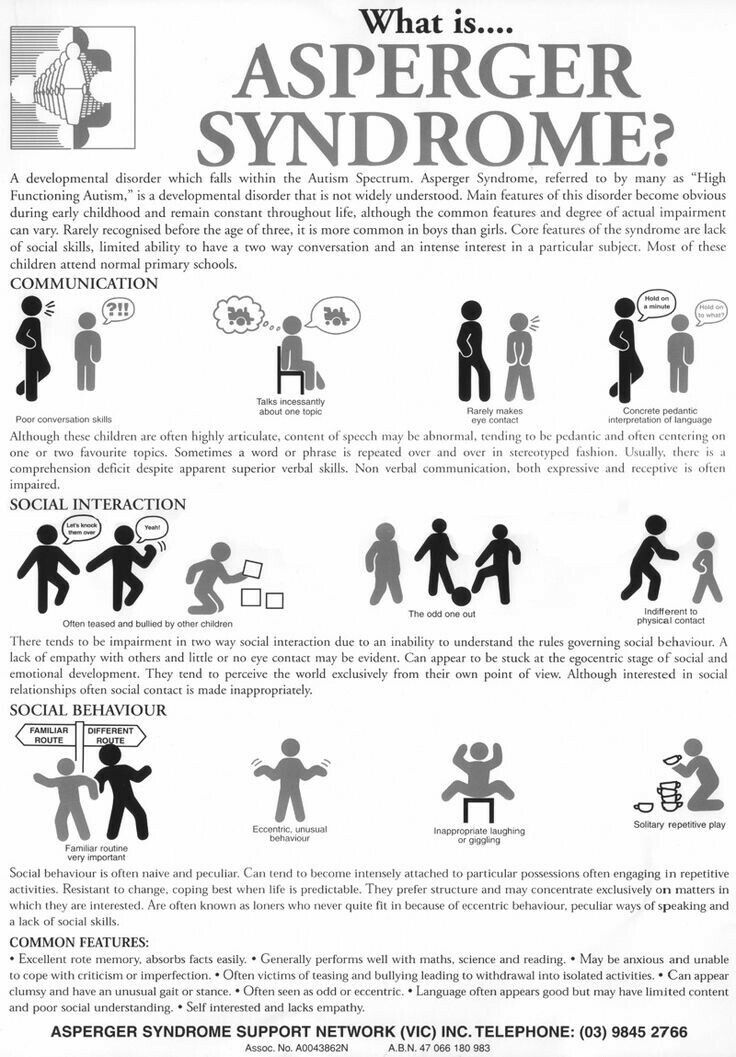 Parents also get insights into coping with the challenges of having children with autism and strategies for applying at-home behavioral therapeutic strategies.
Parents also get insights into coping with the challenges of having children with autism and strategies for applying at-home behavioral therapeutic strategies.
Since 2015, “ASF Weekly Science” has been a resource for parents of children with autism. Presented by the Autism Science Foundation, the podcast is where parents can listen to experts discuss at-home behavioral therapeutic strategies. Topics include different autism interventions and tips for improving the social communication ability of nonverbal children. The podcast also explores and explains recent autism research.
“The Autism Show”Educators and parents of children with autism from 32 countries tune into “The Autism Show,” where they can listen to the experiences of people in the autism community and hear stories that inspire and inform. Every week, advocates, educators, professionals, and organizations offer tips for implementing at-home behavioral therapeutic strategies.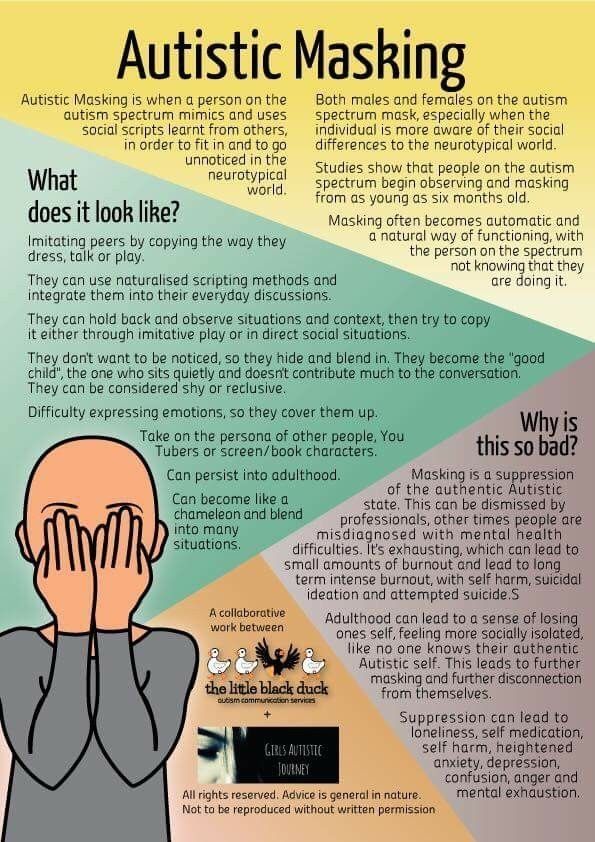 For example, various episodes focus on educating parents to help their children improve self-control, transition from one activity to the next, and regulate emotions and senses.
For example, various episodes focus on educating parents to help their children improve self-control, transition from one activity to the next, and regulate emotions and senses.
A parent may find an ASD diagnosis for their child to be traumatic. According to a study in the journal Research in Autism Spectrum Disorders, about 1 in 5 parents of children with autism displayed post-traumatic stress disorder (PTSD) symptoms. At the critical discovery phase, applied behavioral analysts can play a central role in helping parents cope.
In this vulnerable stage, behavior analysts can use various techniques and strategies for talking to parents about autism.
Setting Professional BoundariesIn communicating with parents and families, setting professional boundaries is important. Failure to do so in the relationship’s early stage may impact therapy success. Applied behavioral analysts should outline a clear description of the services they’ll deliver at the outset. In every facet of communication, truthfulness and honesty are essential for a trusting relationship.
In every facet of communication, truthfulness and honesty are essential for a trusting relationship.
Once applied behavior analysts have set professional boundaries, they can focus on building trust with parents, because their involvement is critical to therapy success. Throughout the relationship, clarifying the roles, expectations, and responsibilities of everyone involved is vital. Applied behavior analysts need to establish trust with parents, explaining the available resources in supportive language.
Providing Guidance and ResourcesAn applied behavior analyst’s information and guidance can help parents of children with autism adjust to the diagnosis. For example, an applied behavior analyst can teach parents techniques for managing behaviors and tips for dealing with stress. They can also help extended family members prepare for transitions.
Listening ActivelyAn applied behavior analyst should make eye contact with parents when talking to them about autism.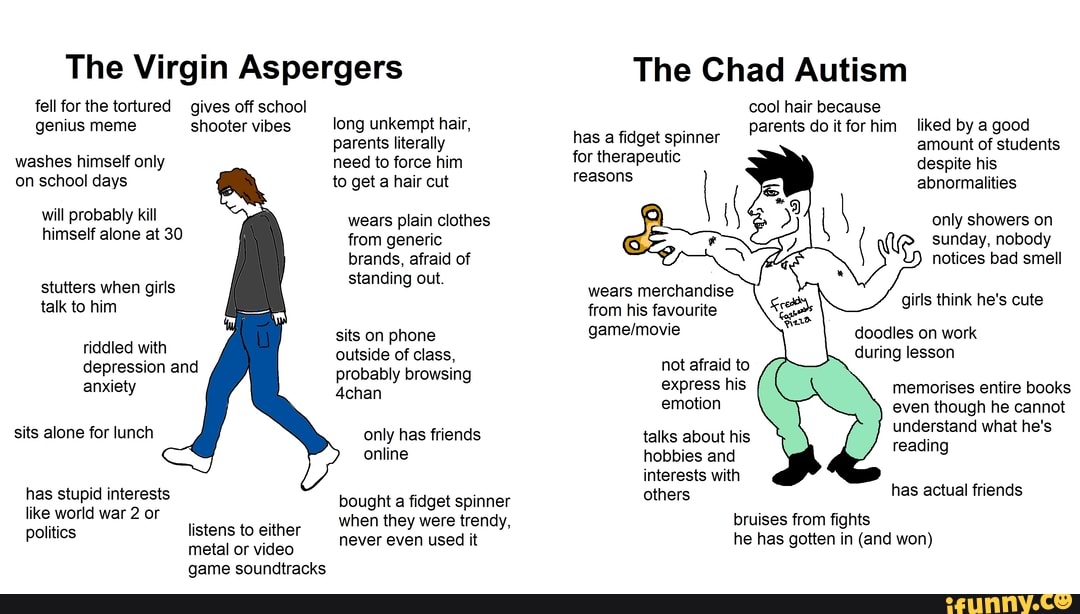 They should listen closely to the parents’ concerns, empathize with them without judgment or interrupting them, and give them clear information.
They should listen closely to the parents’ concerns, empathize with them without judgment or interrupting them, and give them clear information.
A key strategy to guide traumatized parents toward understanding their child’s diagnosis is to ask questions like, “What would your child say about this situation right now?” In addition to getting parents to empathize with their child, it can help them reconcile their own concerns and issues. It also gives parents insight into what their child may be thinking and feeling.
Talking to Children About AutismAlong with helping children’s parents understand an autism diagnosis, explaining it to the children themselves is essential. Educating children about their autism can help give them clarity about their feelings and challenges. Talking to children about autism is a long-term process, involving multiple conversations.
For parents, approaching the discussion may be unclear, and they may be uncertain about how to respond to their child’s reactions. A child may react with confusion, sadness, or even anger. Some children may use their diagnosis as an excuse to act out. Applied behavioral analysts can facilitate the process by helping explain the diagnosis directly to the child and guiding parents on techniques for talking to children about autism.
A child may react with confusion, sadness, or even anger. Some children may use their diagnosis as an excuse to act out. Applied behavioral analysts can facilitate the process by helping explain the diagnosis directly to the child and guiding parents on techniques for talking to children about autism.
Applied behavioral analysts and parents can use various techniques and strategies to speak to children diagnosed with autism.
Take Notes and Self-EducateAn autism diagnosis can be difficult for children to understand. Many families may need an applied behavioral analyst’s help at the outset. These occasions offer parents opportunities to write down key points discussed as the applied behavioral analyst explains the child’s diagnosis. This information may be useful in future conversations between the child and parents.
Parents should also educate themselves about autism. An applied behavioral analyst can offer a primer, guiding parents to learn even more from other resources to better understand the disorder.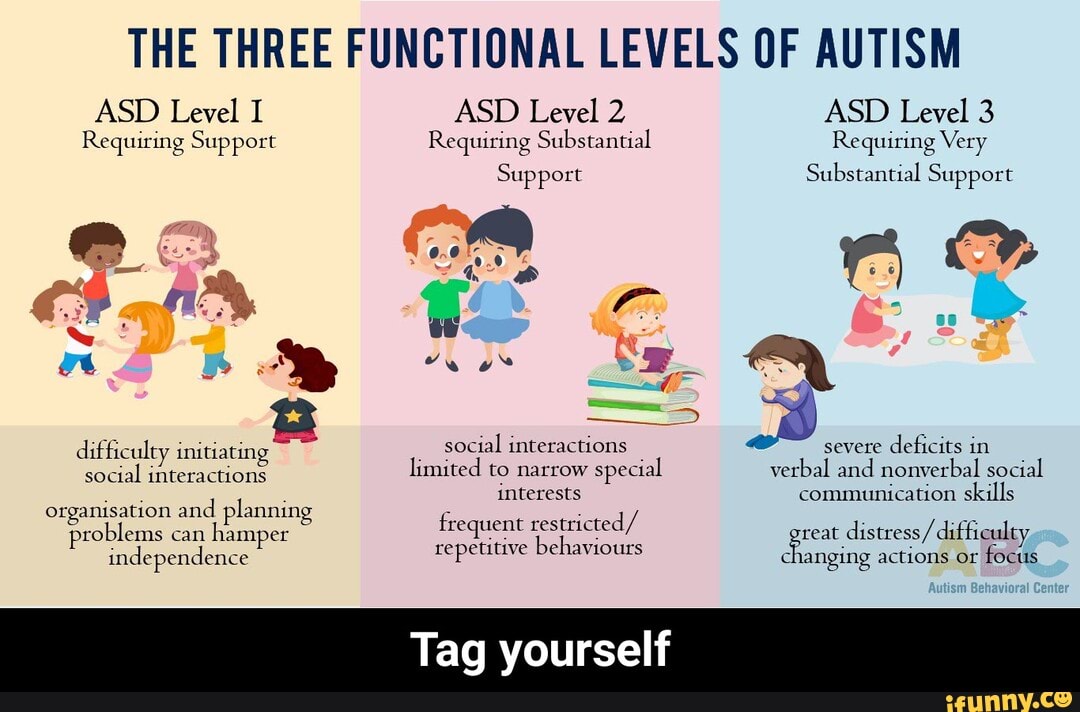 The self-education process can better equip parents to answer questions. Parents can get help from books, websites, and videos.
The self-education process can better equip parents to answer questions. Parents can get help from books, websites, and videos.
Every child is different, so timing the educational process requires being attuned to children’s needs and listening to their concerns and questions. When answers to questions are unclear, parents should let the child know that they’ll learn more, and then follow up later.
Using a straightforward approach with a child with autism in describing the challenges — avoiding technical terms or confusing scientific terminology — is essential. In explaining autism, parents can emphasize that the child’s brain works differently from that of others, without implying value judgments.
Use Supportive Language to Normalize DifferencesParents and applied behavioral analysts can work together to build a child’s confidence, showing how people from all walks of life are different. The first important consideration is that speaking to children about autism should be done gradually and when everyone involved is calm and ready to communicate and listen.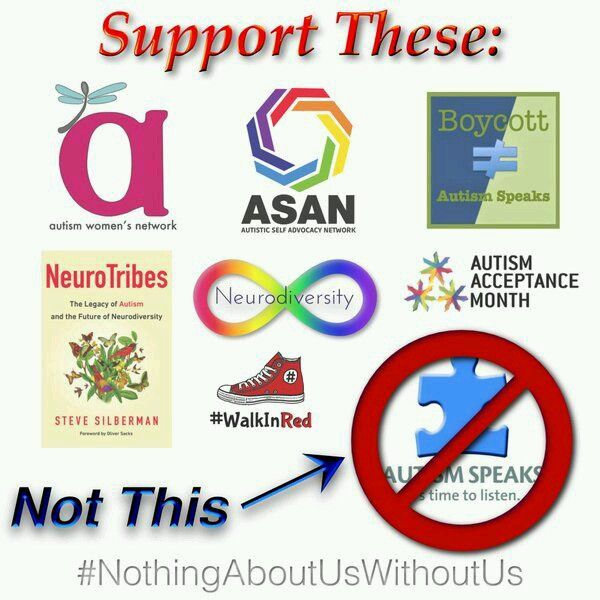 Emphasis on the unique ways that people do things can help children understand that being different is normal and highlights each individual’s special characteristics.
Emphasis on the unique ways that people do things can help children understand that being different is normal and highlights each individual’s special characteristics.
For young children or those having difficulty understanding the concept of people’s differences, parents and applied behavioral analysts can use other examples, such as differences among animals or topics of interest to the child, such as toys, cartoon characters, or athletes. Through supportive language, children can better grasp how every person is special and be enabled to accept differences as normal.
Understanding the Keys of CommunicationApplied behavioral analysts with the skills to guide parents in applying treatment protocols and individualized strategies that work best for their children are in the best position to help families adjust to their new normal. Whether through autism podcasts or in-person work settings, such as schools, child care centers, and hospitals, applied behavioral analysts with strong knowledge of ABA treatment and intervention planning can help improve the lives of children with autism and their families.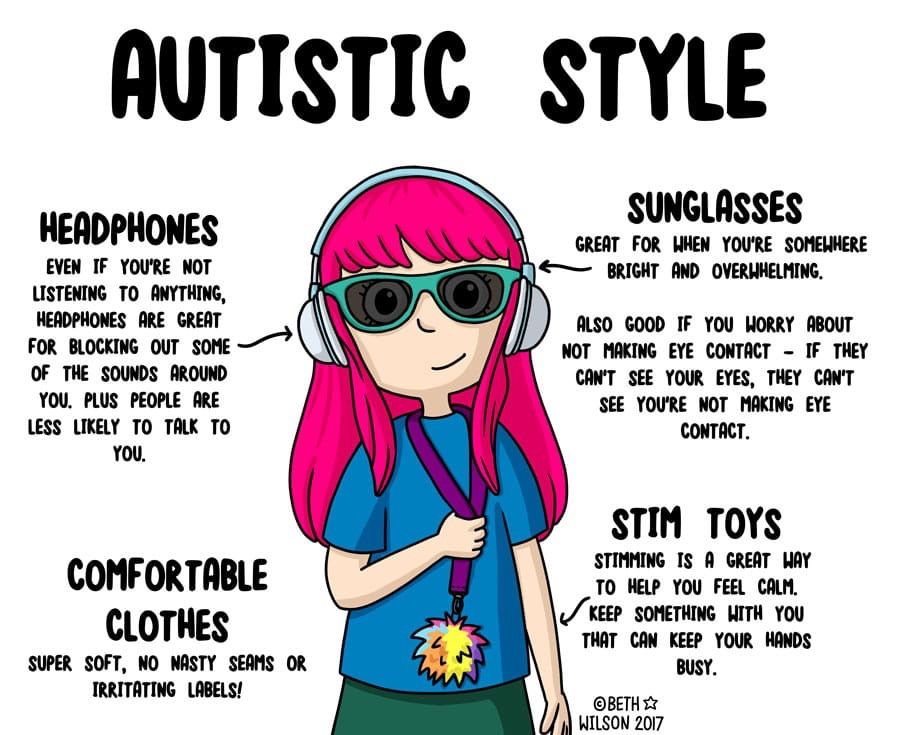
An advanced education such as Regis College’s online Master of Science in Applied Behavior Analysis can provide graduates with the understanding and experience to advance in their careers. The curriculum includes courses in ABA, treatment evaluation, behavior intervention, and ethical practice in ABA to enable graduates to support children, parents, and educators effectively.
Learn how Regis can prepare you for a rewarding career helping children with autism pursue their goals and supporting parents in need.
Recommended Readings
How Parents Can Support Children with ASD or Other Behavior Issues While Under Covid-19 Quarantine
What Are Some Examples of Positive Behavior Supports in the Classroom?
Autism Diagnosis: What to Do Next
Sources:
Association for Science in Autism Treatment, Parent Training
Autism Speaks, Autism Statistics and Facts
Behavior Analyst Certification Board, Professional and Ethical Compliance Code for Behavior Analysts
Centers for Disease Control and Prevention, Data & Statistics on Autism Spectrum Disorder
Centers for Disease Control and Prevention, Information on Autism Spectrum Disorder for Educators
Centers for Disease Control and Prevention, Tips for Talking with Parents About Developmental Concerns
Child Mind Institute, “Helping Children with Autism Learn to Communicate”
Counseling Today, “Supporting Families on Their Autism Journeys”
National Center for Biotechnology Information, “Comorbid Autism Spectrum Disorder and Anxiety Disorders: A Brief Review”
National Institute on Deafness and Other Communication Disorders, Autism Spectrum Disorder: Communication Problems in Children
Psycom.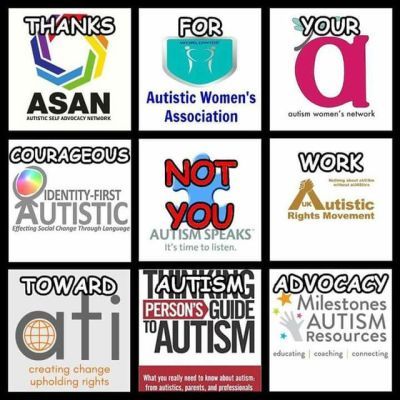 net, “How to Improve Communication with Your ASD Child”
net, “How to Improve Communication with Your ASD Child”
Reframing Autism, Talking to Children About Autism
ScienceDirect, “Challenging Child Behaviors Positively Predict Symptoms of Posttraumatic Stress Disorder in Parents of Children with Autism Spectrum Disorder and Rare Diseases”
Stages Learning, “The Talk: Speaking with Your Child About Autism”
The 10 Best Podcasts By Autistic Creators To Listen To This Autism Awareness Month - Discover the Best Podcasts
Listen, and you will hear it: the tangible dread of Autistic individuals around the globe. April is Autism Awareness Month, which kicked off with Autism Awareness Week. Circulating across Twitter and other social media platform there were puzzle piece symbols and tragedy tropes about Autistic individuals needing to be “cured.”
When it comes to the podcasting industry, I know the feeling all too well. I was diagnosed six years ago, and it took a long to accept that I am not broken, and that I am actually a “whole” person. I am not a puzzle or a mystery, or even a product of the MMR vaccine – a bizarre idea people still have.
I am not a puzzle or a mystery, or even a product of the MMR vaccine – a bizarre idea people still have.
While learning more about my diagnosis, I turned to podcasts. The comforting voice would always be on the other end, reassuring me while grappling with too much sensory overload. Over time, more Autistic creators began to ‘do it for themselves’ – and I was learning so much, all the while finding an inner peace.
Podcasts are often inaccessible, and can lack representation when it comes to Autistic voices and views. These are ten of the best podcasts by Autistic folk, in time for Autism Awareness Month. Go red instead, and listen to become an ally.
Sensory Matters(Disclosure: I have been interviewed on this podcast previously.)
ChewiGem is a brand that began in the UK; sensory products are sold to help Autistic children and adults cope with the world around them. This includes aids to help with noise sensitivity, as well as if you are a chewer.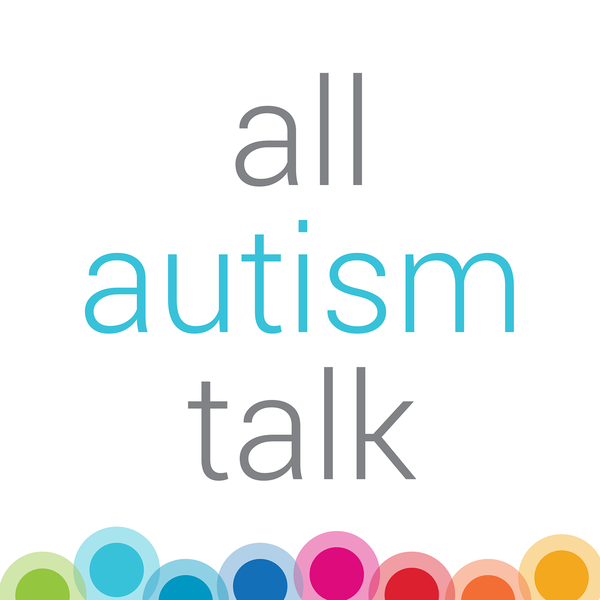
Sensory Matters is the spin-off podcast from the people behind the brand! Lorraine is on the Autistic spectrum, and looks after the community of the “Chew Crew.” A whole host of topics is discussed, often to do with the time it is released – such as how Christmas can be incredibly overwhelming. The difference is that this podcast actually recommends strategies to help that do not cost the Earth, and are usually quite simple. Be it Autistic representation in the media, dealing with the COVID-19 restrictions while meeting your needs, it will at least make you think, this podcast.
Read more: How to make your podcast more accessible using transcripts
Apple Podcasts | Pocket Casts | Stitcher
21andsensory(Disclosure: I am currently working with Emily, the host, as she is illustrating my debut book. Emily also interviewed me on the podcast previously.)
Emily is the brains behind the 21andsensory and is an illustrator by trade.![]() I found the podcast and associated blog by accident while researching the potential benefits of a weighted blanket – and have not stopped listening since. Emily has SPD, Dyslexia, and was also diagnosed with Autism while creating these podcasts. Guests are usually interviewed about specific themes and their projects; if you use the #ActuallyAutistic hashtag on Instagram, you probably know who the guests are! There are also some good tips, learnt from experience. With her dulcet, calming tones, this podcast accompanied me while using public transport prior to the pandemic; it was a great stress buster. Earlier episodes also use sound recordings as a way to illustrate the SPD life.
I found the podcast and associated blog by accident while researching the potential benefits of a weighted blanket – and have not stopped listening since. Emily has SPD, Dyslexia, and was also diagnosed with Autism while creating these podcasts. Guests are usually interviewed about specific themes and their projects; if you use the #ActuallyAutistic hashtag on Instagram, you probably know who the guests are! There are also some good tips, learnt from experience. With her dulcet, calming tones, this podcast accompanied me while using public transport prior to the pandemic; it was a great stress buster. Earlier episodes also use sound recordings as a way to illustrate the SPD life.
Apple Podcasts | Pocket Casts | Website
1800 Seconds On AutismThe BBC decided to do it themselves – and 1800 Seconds On Autism is a monthly podcast from the viewpoint of two Autistic presenters. Diversity is also at the heart of the podcast – and is not just a tokenistic gesture.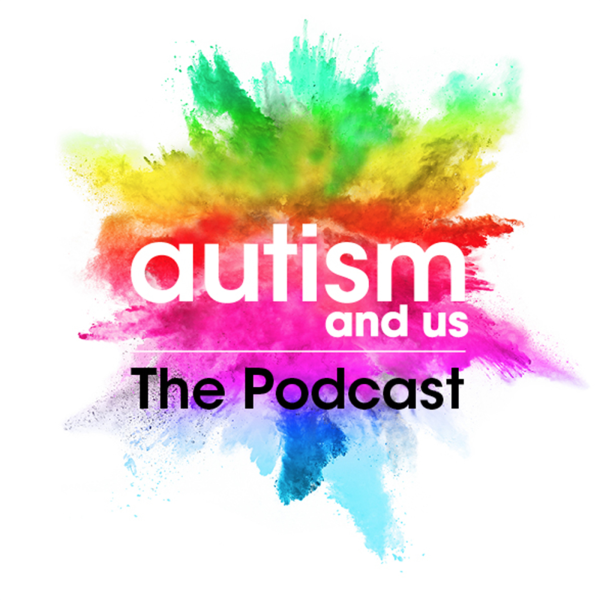 Arguably, this is where the magic of 1800 Seconds Of Autism lies – in busting so many myths about Autistic people while just, y’know, being! A host of things are discussed each episode, usually pegged round a guest interview. You will learn about support (sometimes they are stuffed) animals (including Lion) , how to measure your energy using the spoon method, favourite stims, and more. It is a ray of sunshine to your ears; I defy you to finish an episode without a smile, or laughing at the very least. There are jokes, shared humorous moments, complete with a dash of practical advice. It may be a bit too centred on the UK at times, but the US and other territories should use this as their template.
Arguably, this is where the magic of 1800 Seconds Of Autism lies – in busting so many myths about Autistic people while just, y’know, being! A host of things are discussed each episode, usually pegged round a guest interview. You will learn about support (sometimes they are stuffed) animals (including Lion) , how to measure your energy using the spoon method, favourite stims, and more. It is a ray of sunshine to your ears; I defy you to finish an episode without a smile, or laughing at the very least. There are jokes, shared humorous moments, complete with a dash of practical advice. It may be a bit too centred on the UK at times, but the US and other territories should use this as their template.
Apple Podcasts | Pocket Casts
Word Of The MouthWord Of The Mouth is an older podcast hosted by beloved UK poet Micheal Rosen (remember “We’re All Going On A Bear Hunt?”) While it is not specific to Autistic individuals, it does have a specific remit to explore topics that are typically seen as taboo. There is a specific episode everyone should listen to, called Autism and Communication. Micheal Rosen is doing something incredibly rare, in using his Neurotypical privilege to listen, learn and advocate. His two guests for this episode are also pretty cool, too. He sits, listens, and asks the questions that everyone wants to know – such as coping with being late and how that makes Autistic individuals feels – but then goes one step further to learn even more, to enhance his own understanding. This accessible format should appeal both to Autistics and Neurotypical people alike.
There is a specific episode everyone should listen to, called Autism and Communication. Micheal Rosen is doing something incredibly rare, in using his Neurotypical privilege to listen, learn and advocate. His two guests for this episode are also pretty cool, too. He sits, listens, and asks the questions that everyone wants to know – such as coping with being late and how that makes Autistic individuals feels – but then goes one step further to learn even more, to enhance his own understanding. This accessible format should appeal both to Autistics and Neurotypical people alike.
Apple Podcasts
The Aspie World PodcastAre you still following bloggers and vloggers right now? Make your next follow Dan M Jones, the man behind The Aspie World. He has a YouTube channel with a weekly upload about all things Autism related – down to the basics of what is Autism and what you need to know, to hacks about Autism and school refusal. He also has quite a nifty video about meltdowns, too. But his podcast is an offshoot of all of this, with the elements of his brand his is known for – and even includes Autism in women advocacy interviewee as one of the most recent episodes. The format is universally accessible, as the host has developed a way to speak to Autistics and Neurotypicals simaltenously, all the while thinking about the listener. Because of the way he works, you will learn a lot, and quickly – all in the space of minimal minutes, too.
But his podcast is an offshoot of all of this, with the elements of his brand his is known for – and even includes Autism in women advocacy interviewee as one of the most recent episodes. The format is universally accessible, as the host has developed a way to speak to Autistics and Neurotypicals simaltenously, all the while thinking about the listener. Because of the way he works, you will learn a lot, and quickly – all in the space of minimal minutes, too.
Read more: Seen and Not Heard: On Hearing, On Listening
Apple Podcasts | Pocket Casts | Website
Not Neurotypical with Laura ZdanAutistic people are often marked out as different by others around them; culturally speaking, there is an emphasis on conforming, being ‘normal’, as well as not stepping out of line. Then come the tragedy tropes, with self confessed “Autism Moms” thinking that, because their child is “different” – quote marks intended – that their life is over. Yep, really. That’s why Not Neurotypical deserves its place on this podcast list – because difference is to be celebrated and loved, not chastised and punished.![]() Laura Zdan is the host of this podcast, and can be found across most social media networks, too. There are occasional interviews – such as with Dan from the Aspie World Podcast – but other episodes relate to specific experiences which are turned into honest accounts. Burnout is a hot topic among freelancers right now – but people hardly talk about burnout among Autistic people and Autistic style burnout. This is crucial as a podcast, as well as groundbreaking.
Laura Zdan is the host of this podcast, and can be found across most social media networks, too. There are occasional interviews – such as with Dan from the Aspie World Podcast – but other episodes relate to specific experiences which are turned into honest accounts. Burnout is a hot topic among freelancers right now – but people hardly talk about burnout among Autistic people and Autistic style burnout. This is crucial as a podcast, as well as groundbreaking.
Apple Podcasts | Pocket Casts | Stitcher | Website
The Autistic LifeWhat does it mean to be Autistic, and to life your life as a Neurodivergent individual who has to grapple with so many other uncertain variables? The Autistic Life is a popular Instagram account with 104,000 followers at the last count. Augustina is the person behind the account that is linked to Pateron; however, a podcast was recently released. At the time of writing there are only three episodes so far – but presumably there are more to come. Tiimo sponsors the series. Themes include dealing with the fallout of an Autism diagnosis and the rocky rollercoaster of emotions we can feel after. Another episode includes a look at burnout and what this means to Autistic individuals – it is different to Neurotypical people, in terms of how it is experienced. The lady behind this specialises in presenting complex information in the most simple of formats, while making it ultimately compelling and incredibly shareable; this has translated incredibly well to the land of podcasts and the audio industry.
Tiimo sponsors the series. Themes include dealing with the fallout of an Autism diagnosis and the rocky rollercoaster of emotions we can feel after. Another episode includes a look at burnout and what this means to Autistic individuals – it is different to Neurotypical people, in terms of how it is experienced. The lady behind this specialises in presenting complex information in the most simple of formats, while making it ultimately compelling and incredibly shareable; this has translated incredibly well to the land of podcasts and the audio industry.
Apple Podcasts | Website
Autistic Girls WorldIt should not be the case, but it so sadly is; Autism and the subject of diagnosis is so heavily gendered, when medically it is incredibly flawed. People who present as women are likely to be diagnosed far later in life, compared to people who present as men – and that is because of biased diagnostic criteria, stereotypes, and more. Arguably gender should have no part whatsoever in the world of Autism. I know the feeling, as my own diagnosis was incredibly delayed by years – enough so many thought I was Rain Man. Yep. This podcast is a delight for turning stereotypes, sexism and gender roles around because it is direct from somebody female. An Autistic teen looks at life on the spectrum in all its messy glory, as well as tackling the unanswered questions many of us are forced to deal with. Be it dismantling SIA’s Music or looking at misdiagnosis, this is one for younger listeners.
I know the feeling, as my own diagnosis was incredibly delayed by years – enough so many thought I was Rain Man. Yep. This podcast is a delight for turning stereotypes, sexism and gender roles around because it is direct from somebody female. An Autistic teen looks at life on the spectrum in all its messy glory, as well as tackling the unanswered questions many of us are forced to deal with. Be it dismantling SIA’s Music or looking at misdiagnosis, this is one for younger listeners.
Apple Podcasts | Website
Autism By AutisticsAutism By Autistics seems to no longer be active, but the archive of podcasts is still available to listen to – which is always worth the while to re-listen to. Autistic individuals doing it for themselves is ultimately something very beautiful, and we are seeing more and more of this in the podcast world lately. Two friends discuss various themes from their own viewpoint and experience, including overload and meltdowns, special interests, and what it feels like to have to disclose your disability constantly. Neurotypical allies may even learn a thing or two; the first episode is simply titled What Is It Like To Be Autistic? (FYI, this questions is one we get a lot, and can be incredibly tedious.) There is a positive, upbeat tone to these episodes, and they serve as a pickup when you need it, too.
Neurotypical allies may even learn a thing or two; the first episode is simply titled What Is It Like To Be Autistic? (FYI, this questions is one we get a lot, and can be incredibly tedious.) There is a positive, upbeat tone to these episodes, and they serve as a pickup when you need it, too.
Apple Podcasts
The One PercentWhat does it feel like to be a member of the one percent (suspected) of the global population suspected to be on the Autistic spectrum? This is a question I have yet to be able to answer – but maybe this podcast is at least halfway there to answering that question. Autistic Tyla has an Instagram following of just over 17,000 followers – and there is a podcast to match! There are occasional special guests including Yo Samdy Sam (YouTube her) and Lauren Melissa from the Aspienelle Instagram account. The podcast is ultimately fascinating for the exploration of ideas, thoughts and the world around us. There is even a recent podcast episode featuring the very well known Dr Simon Baron Cohen. Ideas and free discussions are always an important function of a democratic society – and to have Autistic individuals take on their own remit is great, at long last.
Ideas and free discussions are always an important function of a democratic society – and to have Autistic individuals take on their own remit is great, at long last.
Apple Podcasts
When it comes to the world of podcasting, there is wealth of information on offer – and not all of it is necessarily accurate or supported by the people it talks about. Stick with the Autistics – they know what they are talking about, and just listening an learning is a great way to be supportive while this month is Autism Awareness Month.
Tags1800 Seconds On Autism21andsensoryAutism Awareness MonthAutistic Girls WorldNot Neurotypical with Laura ZdanSensory MattersThe Aspie World PodcastThe Autistic LifeThe One PercentWord Of The Mouth
90,000 Best Autism Podcasts of the Year 90,001 90,002 The Centers for Disease Control and Prevention (CDC) estimates that 1 in 68 children are on the autism spectrum—and that number could be even higher due to potential gender bias in diagnosis. From special education and health care to socialization and family life, autism can create problems both for the people who live with it and for those who love them. But support can come in many forms, including information. Keeping up to date with the latest research and news from the autistic community can be a game changer.
But support can come in many forms, including information. Keeping up to date with the latest research and news from the autistic community can be a game changer.
In the hope of sharing valuable information and resources, we've rounded up the best autism podcasts this year. Some of them are entire series dedicated to autism, while others are select episodes. We hope that they will offer support and advice useful to anyone with Autism Spectrum Disorder (ASD).
Autism Science Foundation Weekly Science Report
Through the Autism Science Foundation, clinicians and parents work to support and advance research and awareness about ASD. Their weekly podcast summarizes new information about the ASD. The episodes cover a wide range of topics such as relationships and sexuality, research news, funding, genetics and therapies.
Listen.
Word of Mouth
Alice Rowe not only lives with Asperger's syndrome herself, but has written about 20 books on the subject. Through the Curly Hair Project, Rowe and Helen Eaton, whose child has ASD, help break down boundaries and build relationships between "neurotypical" people and "neurodiverse" people on the spectrum. In this episode of BBC Word of Mouth, Michael Rosen talks to them about what it means to have ASD, especially in relation to communication.
Through the Curly Hair Project, Rowe and Helen Eaton, whose child has ASD, help break down boundaries and build relationships between "neurotypical" people and "neurodiverse" people on the spectrum. In this episode of BBC Word of Mouth, Michael Rosen talks to them about what it means to have ASD, especially in relation to communication.
Listen.
Babytalk: pushing the boundaries of autism
New situations and unfamiliar environments can be especially uncomfortable for people with ASD. But instead of adopting his son with autism, Dr. James Best wanted to help him push himself beyond his limits. Best hoped that by getting his son out of his comfort zone on a trip to Africa, he would help him develop adaptive life skills. Best admits that it took a huge amount of "drama, personal suffering and soul searching", but his son has been incredibly successful. Listen to the interview on "Babytalk" to hear his story, from the trauma of the diagnosis and positive moments in autism to their trip to Africa.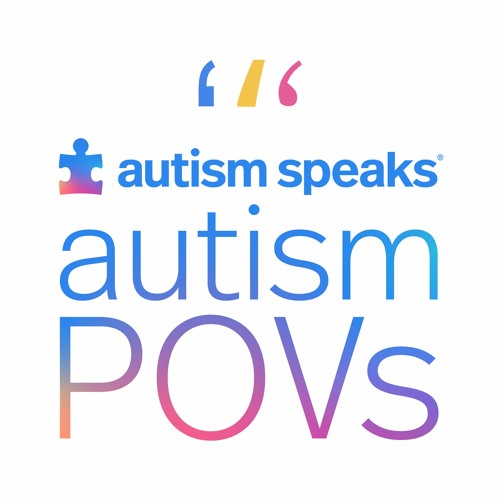
Listen.
Moving Autism Forward
Moving Autism Forward presents Talk About Curing Autism (TACA), a non-profit organization dedicated to helping families affected by the disorder. Their mission is to empower families to find the best treatment and build a supportive community. In the podcast, TACA shares personal stories and perspectives on autism, as well as new research and treatments. Tune in for expert talks on topics like the best parenting advice and the legal challenges the community is facing.
Listen.
UCTV Autism
UCTV's television channel helps publish cutting-edge findings from the university system as well as up-to-date educational information. Several episodes focus on autism, from genetics to diagnosis and treatment. They also have expert questions and answers that may just answer some of your pressing questions.
Listen.
Scientific weekly The Guardian
"Science Weekly" is a podcast from The Guardian featuring the biggest discoveries in science and mathematics. This episode explores why autism is often misdiagnosed in women. Autism researcher William Mandy, Ph.D., explains that this is partly due to differences in how men and women present symptoms. Hannah Belcher, herself an autistic individual, is currently looking into misdiagnosis in women with autism in her doctoral research. She talks about what life was like before she was diagnosed with autism and what strategies she used.
This episode explores why autism is often misdiagnosed in women. Autism researcher William Mandy, Ph.D., explains that this is partly due to differences in how men and women present symptoms. Hannah Belcher, herself an autistic individual, is currently looking into misdiagnosis in women with autism in her doctoral research. She talks about what life was like before she was diagnosed with autism and what strategies she used.
Listen.
Modern Love
Modern Love is a New York Times and WBUR feature series on love, loss, and redemption. In this issue, actor Mykelti Williamson reads The Boy Who Makes Waves, an essay about the trials and tribulations of raising a son with autism. In elegant prose, told in a soothing voice, the story explores parental guilt and sacrifice, anxiety about future care, feelings of failure and moments of joy.
Listen.
The Autism Show
The Autism Show is a weekly podcast aimed primarily at parents and educators. Guests include authors, educators, advocates and individuals affected by ASD. They share their thoughts on treatments, tips and personal experiences of living with ASD. The episodes also highlight organizations and products related to autism, such as apps designed to improve the quality of life.
Guests include authors, educators, advocates and individuals affected by ASD. They share their thoughts on treatments, tips and personal experiences of living with ASD. The episodes also highlight organizations and products related to autism, such as apps designed to improve the quality of life.
Listen.
Finding Mikey
Finding Mikey follows the journey of a family with autism, sensory processing disorder (SPD), attention deficit hyperactivity disorder (ADHD), and Asperger's syndrome. They share their experiences as a platform to inspire others and offer helpful strategies for coping with these disorders. The episodes feature personal accounts and expert advice from doctors, lawyers, attorneys and other influential members of the community. It also has practical help for everyday items or special occasions like packing for family trips. Their goal is to help families and individuals succeed as they progress through school and into adulthood.
Listen.
Autism Live
Autism Live is a web series created by parents and doctors. The goal of the program is to provide parents and caregivers with resources, support and educational tools related to autism. Topics range from therapy and how autism is portrayed in pop culture, to healthy eating and even sex. Watch the live stream on the show's website to ask the experts questions and recommend topics for discussion.
Listen.
Autism Program
Janine Herskovitz, LHMC, psychotherapist helping families with autism. As host of the Autism Blueprint, Herskovitz focuses on creating a healthy and peaceful home environment for families affected by ASD. The weekly podcast takes you from room to room offering ASD education as well as strategies for dealing with situations and experiences.
Listen.
what you need to know about this developmental disorder – nakedheart.online
Why talk about autism?
This is a very new diagnosis, and one of the difficulties is that it is behavioral.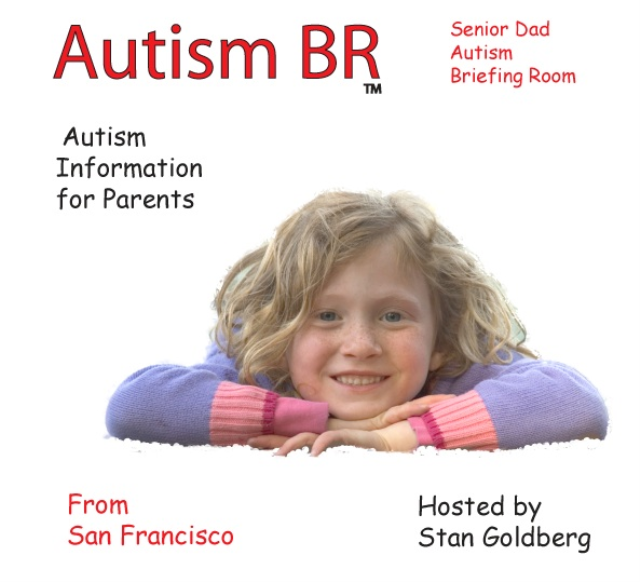 There is no analysis, autism can only be established by a specially trained expert in the process of observing the behavior, communication, play, interaction of the child. Today, the number of children with autism is greater than the number of all children with Down syndrome, cerebral palsy and childhood cancer combined.
There is no analysis, autism can only be established by a specially trained expert in the process of observing the behavior, communication, play, interaction of the child. Today, the number of children with autism is greater than the number of all children with Down syndrome, cerebral palsy and childhood cancer combined.
There are also quite a lot of adults with autism, but since the diagnosis was previously unknown, it is likely that people with sufficiently pronounced impairments have some other diagnoses (schizophrenia, birth trauma, ascertaining cognitive impairment, etc.). The year in which a person was born determines what their autism looks like, depending on the availability of help. Statistics from the last five years in the United States show the following: 25 years ago, among children with autism who went to first grade, about 75% did not use speech. Now this figure is 25%.
What is autism? What are its key deficiencies? What is the main problem?
First, there are difficulties with communication and social skills. It is more difficult for such people to communicate with others, understand their intentions, make friends, use their own speech. And secondly, these are the features of sensory information processing, rigidity, as well as repetitive behavior and special interests. The causes of autism are unknown, but there is strong evidence that these disorders are manifested in a person from a very early age.
It is more difficult for such people to communicate with others, understand their intentions, make friends, use their own speech. And secondly, these are the features of sensory information processing, rigidity, as well as repetitive behavior and special interests. The causes of autism are unknown, but there is strong evidence that these disorders are manifested in a person from a very early age.
How to help a child with autism?
There are assistance programs that have been proven effective for developing any skill. As a rule, they are based on the ideas of applied behavior analysis. Any behavior can be changed: there are no untrained people, there are inappropriate teaching methods. If we are diligent enough and understand what we are trying to change, then behavior will change.
Loss of movement, tone, and posture due to non-progressive dysfunction or injury to the developing brain. Cerebral palsy may include paresis, pathological changes in muscle tone, hyperkinesis, speech disorders, unsteady gait, coordination disorders, and a child's lag in motor and mental development. The term cerebral palsy (infantile cerebral palsy) is currently considered incorrect, since this is a violation that accompanies a person throughout his life.
The term cerebral palsy (infantile cerebral palsy) is currently considered incorrect, since this is a violation that accompanies a person throughout his life.
The most common genetic disorder, which is determined by the presence of an extra, 47th chromosome in human cells. In this case, most often the child's parents have a typical set of chromosomes. Down syndrome occurs with the same frequency in boys and girls, and, according to statistics, every 700th child on the planet is born with Down syndrome. This ratio is approximately the same in different countries, climatic zones, social strata. It does not depend on the lifestyle of parents, their health, bad habits, skin color, nationality. Often, people with Down syndrome have decreased muscle tone, as well as delayed speech and motor development. People with Down syndrome are very different from each other. In recent years, with the development of early intervention programs, additional communication and inclusive education in children with Down syndrome, indicators of general development and intelligence have significantly improved.
